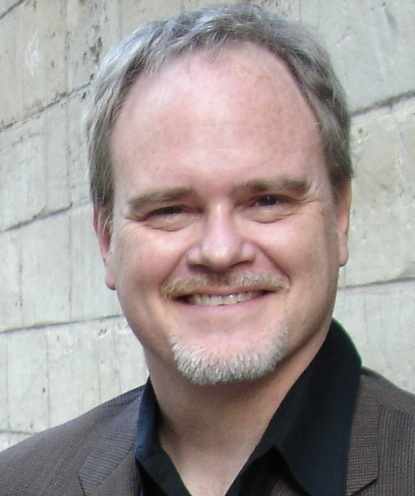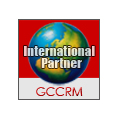That's nice and all. But the point for me was to actually become better prepared for what I saw as a critical next step in my career: to better fill the gap between traditional strategy and global business strategy. Since getting my TRIUM degree I've been working with the program as its alumni chair to provide services to alumni while providing feedback to TRIUM based on what students and alumni say to me and the committee I run.
One of those big topics: The curriculum. There's no doubt that the three schools which established TRIUM have among the best academic reputations in the world. And there's no doubt that Matt Mulford, who has long been leading the struggle for an integrated curriculum in cutting-edge areas, is a superior international player in global curricular development.
But let's remind ourselves: What's the goal of a program such as TRIUM's, or Wharton's, or Duke's Fuqua School? I think it's about creating an awareness among students (along with key skills) that a global leader differs from a domestic leader. The issues are different in economics, politics, human resources, strategy and core values.
I've been thinking about this a lot lately as I wind down my two-year stint with TRIUM's alumni group, and lo, behold, an article appeared in the Insights newsletter from the Association for International Business (AIB - I'm a member primarily because of its top-notch journal).
Joyce Osland (Lucas Professor of Global Leadership, San Jose State University, USA), has written a breezy overview of global leadership frameworks and issues. She reports that over 60 competencies have been identified in various studies of what makes a global leader truly great. She also describes another research path that focuses on tasks and effectiveness. Presumably, defining what you should do effectively to succeed gives you a clearer, more measurable baseline than softer competencies -- but nevertheless you can better infer the desired competencies if you know what you, as a leader, need to produce at the end of the day.
A surprising theme that emerges from Dr. Osland's article, however, is that soft skills indeed dominate the profile of an effective global leader. "In addition to the high-level problem solving and strategic thinking that one would expect in such a population, their cues and strategies evidence well-developed schemas for boundary spanning and stakeholder management, reading cultural and emotional cues, and seeking clarity."
The six core competency categories Dr. Osland's own research has identified include cross-cultural relationship skills. Another study identified personal transformation, self-awareness, inquisitiveness, empathy, self-regulation, social networking -- in short, an entire set of skills and processes requiring maturity and emotional intelligence.
This doesn't surprise me. A lot of my work in strategy and implementation is immersed in people issues: What's the value proposition for these cultures? What's the values frame in which customers will assess a brand? What kinds of employees are right for implementing a CRM system? Is leadership behind the new customer strategy? It might seem that my work is about customer relationship management in technical and marketing terms, but at the end of the day, global CRM leadership demands global leadership -- fundamentally different skills than traditional technical and marketing skills. And it's not just yours truly that has to execute well using these skills -- it's my clients, too.
So, I'm trying to figure out how to squeeze out some that TRIUM knowledge into my clients' C-suite.
Not because it's about TRIUM, but because there's so much at stake with getting global leadership right. I think TRIUM exists precisely because companies are desperate to see what's around the corner. Wal-Mart got booted out of Germany at a cost of a billion dollars. Even for the number one retailer in the world, that's more than a few bits of silver.
Multinational corporations with the ability to develop global leadership internally do better (Stroh & Caliguiri, 1998). Individuals with global leadership skills create global competitive advantage for their companies. "Businesses have reported an inadequate number of global leaders," reports Dr. Osland.
My part in all this is to get my clients focused on what is really happening in various global markets. It makes my work easier if they know why I ask the questions I do, why I insist on the data I do, and why I recommend the responses I do. It's easy to want to do in Europe what you've done in the US, or to do in China what you've done in Europe. But it just doesn't translate. Do you think Wal-Mart was thinking of selling in China when it came up with its everyday low price brand promise? If they were, then they simply chose the wrong positioning for their company, a major blunder. Were they aware of Germany's culture, laws and commodity retail ecosystem when they developed their everyday low price brand promise? Did they realize that Germans actually seek variety more than they seek lowest cost?
I'm not singling out Wal-Mart. I just use them as an example of how every decision, including fundamental position, has global strategic consequences.

